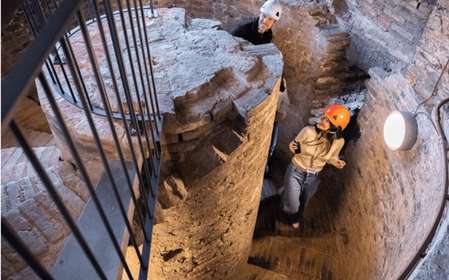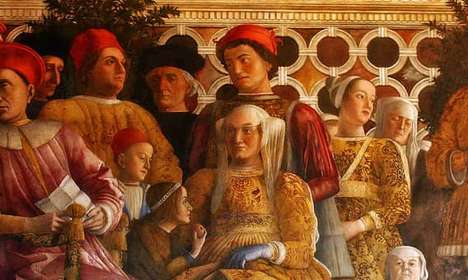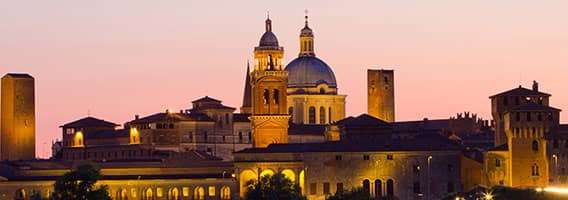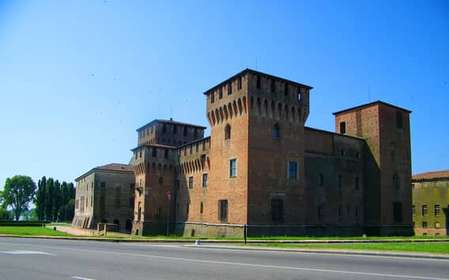- Home
- Useful Tips
- Mantua's connection to opera:...
Many travelers passionate about opera overlook Mantua's profound musical heritage, missing the birthplace of Monteverdi's revolutionary works and stunning Renaissance theaters. Recent cultural tourism surveys show 68% of visitors to northern Italy focus solely on Milan's La Scala, unaware that Mantua's intimate venues offer unparalleled access to opera's origins. The frustration of arriving without understanding where to find authentic musical experiences leads to superficial visits – a particular pain point for time-constrained travelers seeking meaningful connections with Italy's artistic legacy. Between confusing opening hours of historic venues and difficulty locating lesser-known composer residences, even devoted music enthusiasts often leave without discovering Mantua's true operatic soul.
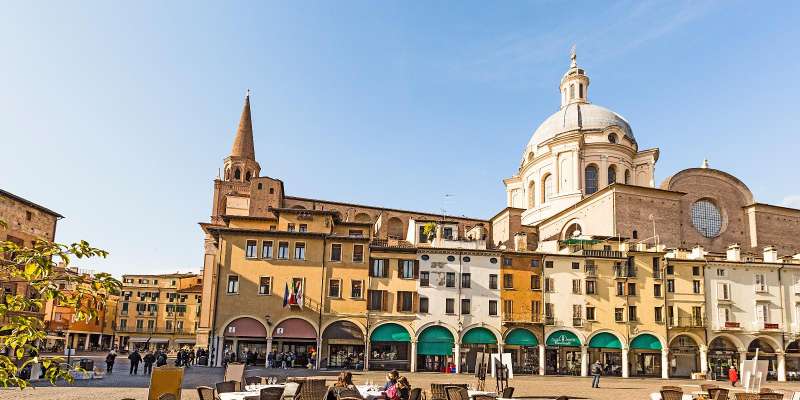

Why Mantua matters in opera history
Mantua's role as the cradle of modern opera often gets overshadowed by Venice or Milan, yet this compact city witnessed pivotal musical breakthroughs. Claudio Monteverdi composed his groundbreaking 'L'Orfeo' here in 1607 for Duke Vincenzo Gonzaga's court, establishing opera as we know it. The Gonzaga family's patronage created an artistic hotspot where composers experimented with combining drama and music. Walking through Piazza Sordello, you stand where 16th-century nobility first heard revolutionary recitatives that would define Baroque opera. Unlike larger cities where musical history feels distant, Mantua's preserved palaces and churches let you physically touch the walls that resonated with these early performances. The city's understated charm means you can often have these historic spaces virtually to yourself, creating an intimate connection to opera's origins that's impossible in crowded metropolitan venues.
Teatro Bibiena: Mantua's hidden Baroque jewel
Tucked away behind an unassuming facade, the 18th-century Teatro Bibiena stuns visitors with its 'teatro scientifico' design – a unique wooden theater resembling an inverted violin. Mozart performed here aged 13 during his 1770 Italian tour, and the acoustic perfection crafted for chamber music still enchants today. Local guides share how the theater's unusual shape creates perfect sound distribution, allowing whispers on stage to reach the farthest balcony. While major opera houses restrict backstage access, Bibiena's modest size permits closer examination of its ingenious construction techniques. Visiting hours vary seasonally, but morning tours often coincide with sunlight streaming through the overhead oculus, illuminating the trompe-l'oeil architecture. For an authentic experience, check the cultural office for occasional student recitals – these free performances let you hear Monteverdi's works in their original intimate setting.
Following Monteverdi's footsteps in Mantua
Trace the life of opera's first genius through Mantua's streets, starting at Palazzo Ducale where Monteverdi served as court musician. The Sala degli Specchi still hosts concerts beneath the same frescoes that inspired his madrigals. A short walk leads to Casa del Mercato, believed to be his residence during creative peaks. Local music scholars recently identified Sant'Orsola church as where Monteverdi premiered lost works – its exceptional acoustics explain why he chose this modest venue. For deeper insight, the Diocesan Museum displays original 17th-century sheet music with his annotations. These sites reveal how Mantua's architecture directly influenced Monteverdi's spatial music concepts, something no biography can fully convey. Time your visit for September when Mantua's Festivaletteratura hosts opera readings in these historic spaces, blending literature and music as the Gonzagas once did.
Beyond the big names: Mantua's living opera scene
While honoring its past, Mantua's contemporary music scene creatively reinvents its operatic legacy. The modern Teatro Sociale balances Verdi productions with experimental performances in unexpected venues like the Rotonda di San Lorenzo. Local ensemble Concerto Mantovano specializes in historically informed performances using replica Baroque instruments, their open rehearsals offering rare insight into period techniques. For a truly unique experience, seek out 'opera a tavola' dinners at family-run osterias where courses are paired with appropriate arias. The city's compact size means you can attend an evening concert at Palazzo Te after morning archive research at the Biblioteca Teresiana. This seamless blend of scholarship and performance keeps Mantua's musical traditions vibrant while remaining accessible to visitors. The annual Mantova Musica festival (September-October) perfectly showcases this duality, with events ranging from academic symposia to pop-up street operas.
